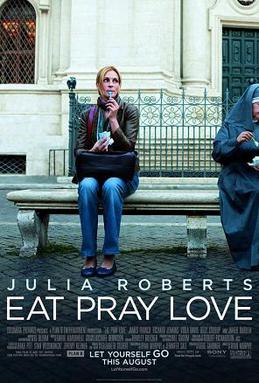In most industries, when a man begins on a new job, he will be placed on probation until confirmation. While he is on probation, he does enjoy all the benefits of the job. But once the probation period is over, there will be expectation if he were to continue to flourish in the job. The same idea can also be applied to the Buddhist practice. When we start to practice Buddhist and chant
Nam-Myoho-Renge-Kyo, benefits will start pouring in and our immediate problems will be solved. But after practicing for some time, if we fail to develop a sense of gratitude and apply ourselves in the noble endeavors of
Kosen Rufu, we will eventually be frustrated. We have to repay this debt of gratitude by encourage our fellow members, care for our families and be a positive source of energy in our social circles. The practice of Buddhism is ultimately the practice of compassion. The power of
Nam-Myoho-Renge-Kyo is manifested in direct correlations to our efforts in this aspect.
Some time back, I gave a lift to a colleague when a conversation on the
Three Poisons was initiated. I explained that the
Three Poisons in Buddhism refers to the poisons of
Greed,
Anger and
Foolishness which is the cause of all man-made disasters in human terms. Having come from a Methodist background, she commented that the concept of
Foolishness is the most difficult to understand compared to
Greed and
Anger. The concept of
Foolishness came to me quite naturally due to my upbringing. I understand it well enough as the delusional state of life where one fails to differentiate right from wrong. But receiving such feedback, I did come to realize that it can be difficult from those who are not familiar with oriental philosophies.
Given time to meditate and ponder deeper into the issue, I finally develop an understanding which I would like to share here. The key lies in the compassion. The
Three Poisons are all human characteristics that run counter to compassion. There are the drivers of selfishness and egoism. It is the selfish materialistic impulses that generate
Greed. And
Anger is generated when selfish desires are not fulfilled. And finally,
Foolishness.
Foolishness is the result of selfish arrogance. It is when we lose our humble seeking spirit and turn away from wisdom thinking we are above it.
This is also why the practice of
Kosen Rufu, or the practice of compassion is important. It is this practice that changes and transforms these inherent
Three Poisons in our lives into medicines for societal improvements.
Since Vesak Day is coming, I would also like to briefly share about the efforts of the historical Buddha Shakyamuni. Shakyamuni lived in a time where the extremes of hedonistic and ascetic behaviors are rampant. Note that both these extremes are inherently egoistic pursuits. Buddhism was born to correct that situation.
Hinayana Buddhism was first developed to teach everyone that we are all inherently equal because we share the same Buddha nature. But with time, even
Hinayana fell into the traps of the
Three Poisons and become a ritualistic religion lacking in compassion for the masses.
Mahayana Buddhism arose then to encourage the compassionate acts of encouraging the common lay people. But again, with the passing of time,
Mahayana fell to egoism of another form. With the deitifying of Shakyamuni and his disciples, the acceptance of our Buddha nature is diluted and eventually, the concept of the equality of all life is lost and class distinction is formed.
It is the Nichiren who first recognize these and restore Buddhism to its original intent to teach both the existence of our Buddha nature and the importance of compassionate acts. And it is Soka Gakkai today who are putting Nichiren’s teaching into practice and going all out for
Kosen Rufu. It is my greatest pride to be part of this movement.
Further Readings on The Three Poisons







